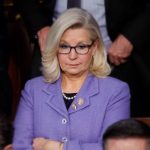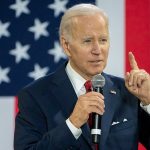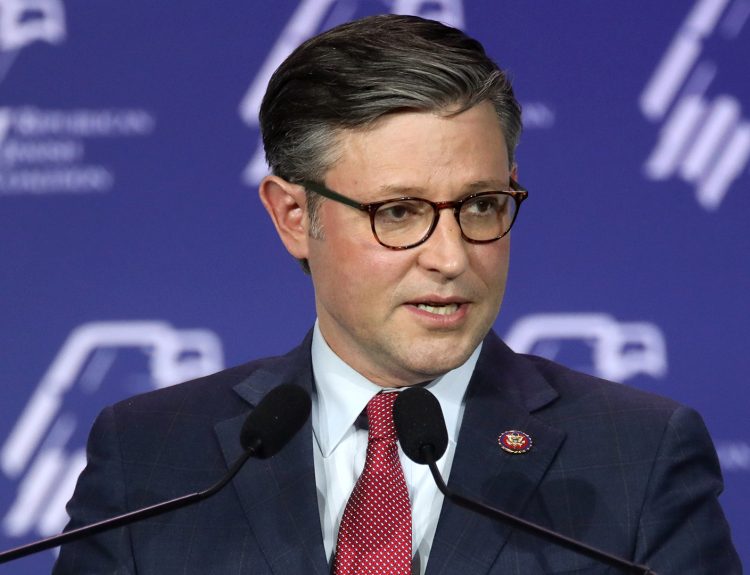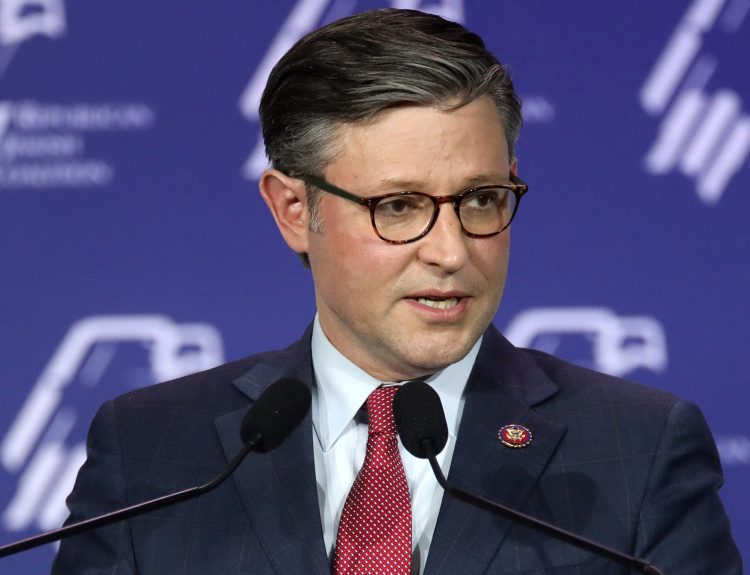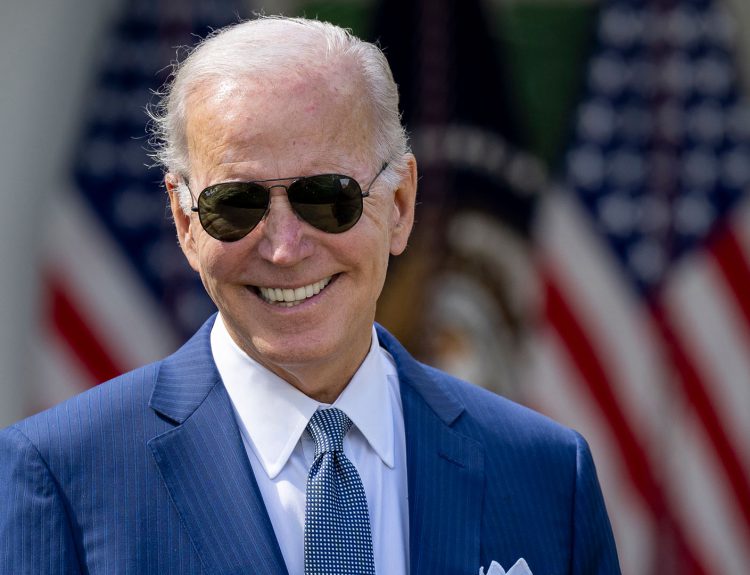Liz Cheney, the former Republican representative and Trump critic, has warned the Supreme Court to act swiftly in the case against the former president. On April 25, the court will hear arguments about Trump’s claims of immunity from prosecution over his alleged attempts to overturn the 2020 election.
Cheney cautioned against delays, saying Trump is using stalling tactics and that the public has a right to see the evidence. She trusts the court will deal “responsibly and expeditiously” with the appeal and not enable the suppression of evidence.
Liz Cheney Issues Warning to Supreme Court
Speaking at Drake University, former Representative Liz Cheney warned the Supreme Court about delaying the trial against former President Donald Trump.

According to Cheney, Trump’s claims of presidential immunity are merely delay tactics to avoid facing consequences for his alleged role in the Capitol riot.
Americans Deserve To See The Evidence Against Trump
Cheney argued that the American people deserve to see all evidence related to Trump’s actions on January 6.
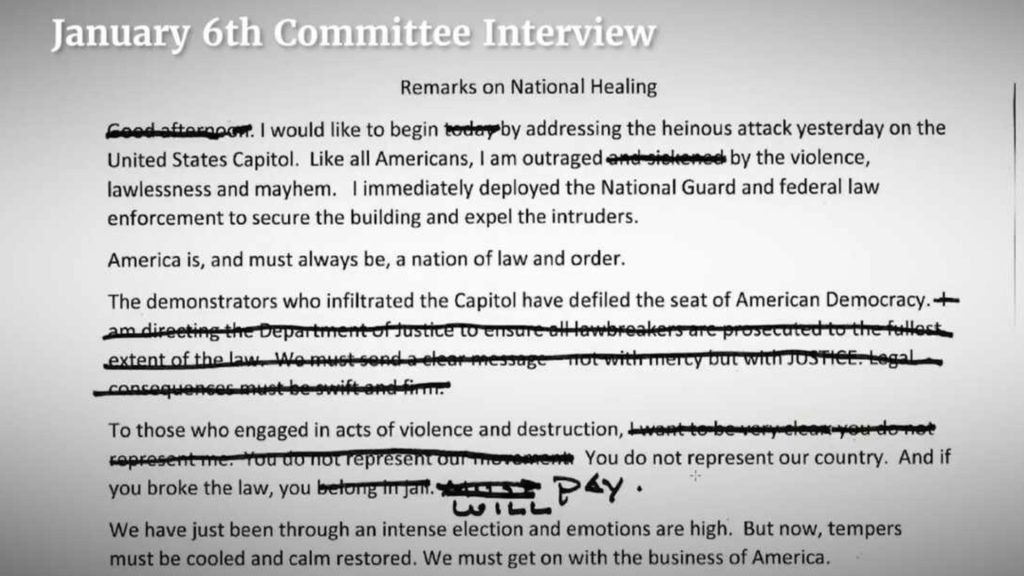
“It cannot be the case that a president of the United States can attempt to overturn an election and seize power and that our justice system is incapable of holding a trial and holding him to account before the next election,” she said.
A Critique Since Impeachment
Since voting to impeach Trump for inciting the Capitol riot, Cheney has emerged as one of his most vocal critics. Though she lost her 2022 re-election bid, Cheney continues to speak out against Trump’s influence within the Republican party.

Her remarks at Drake University show she has no intention of relenting in her calls for truth and accountability.
Background on Trump’s Claims of Immunity
In a last-ditch effort to avoid accountability for his actions surrounding the Capitol riot, Trump is insisting that as president at the time, he had absolute immunity from prosecution.
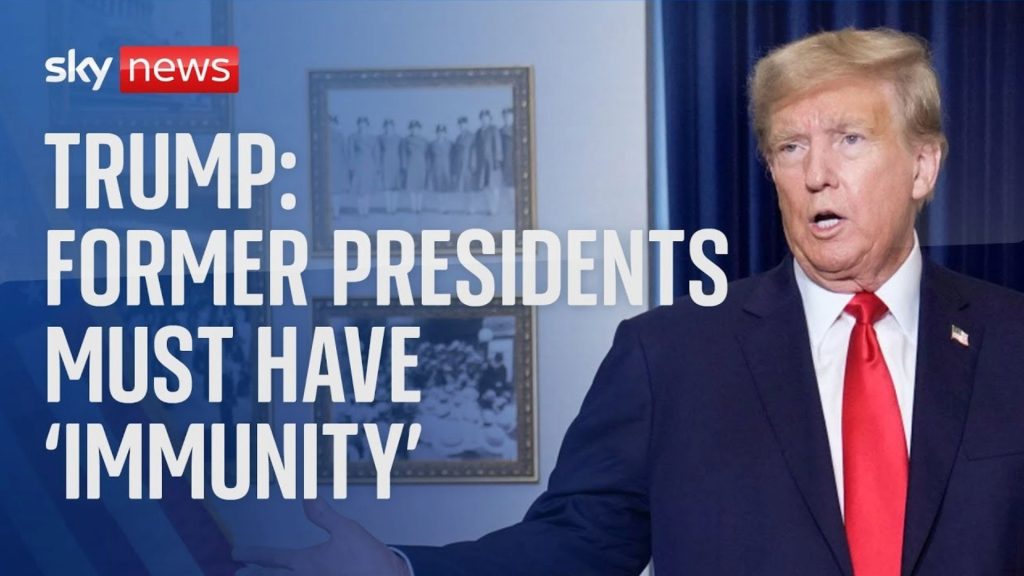
His legal team argues that anything a president does while in office should be shielded from criminal charges.
The Constitution Protects The President
According to Trump’s lawyers, the Constitution grants the president broad authority and immunity in order to allow them to carry out their duties without interference.
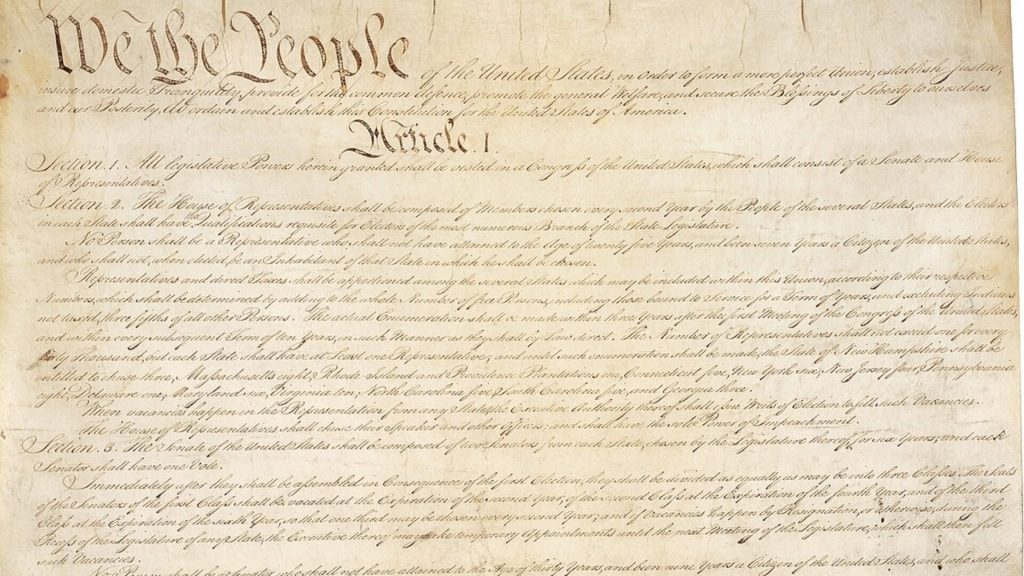
However, legal experts counter that there is no precedent for a president having total immunity from criminal prosecution, especially for actions taken in a personal capacity or for corrupt purposes.
Trump Is Buying Time Until The 2024 Elections
Trump’s insistence on delaying the DOJ’s case against him could be a tactic to push the trial past the 2024 election, hoping that if a Republican wins the presidency, the charges will be dropped.
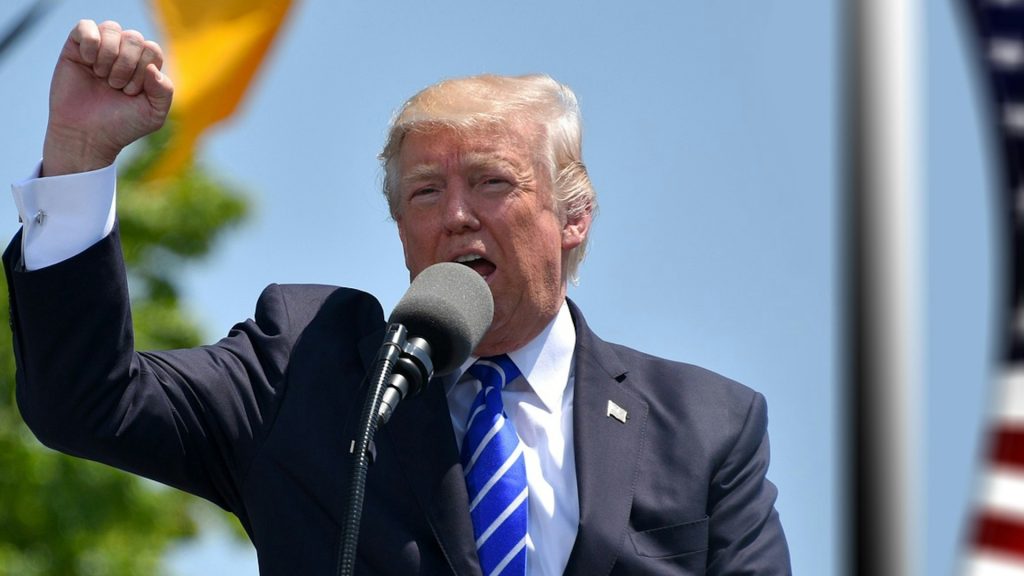
Some analysts view Trump’s claims of immunity as an attempt to expand presidential power and avoid consequences rather than a valid legal argument.
Why the Supreme Court Must Act Quickly
The Supreme Court has a responsibility to handle former President Trump’s appeals expeditiously, according to Liz Cheney.
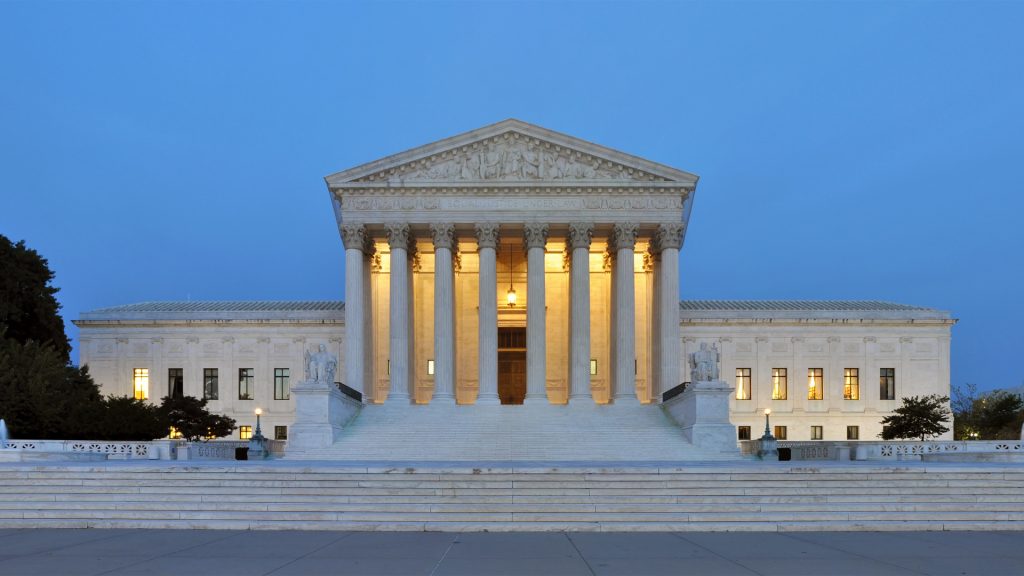
As Cheney argued in her remarks, Trump’s claims of immunity are merely delay tactics intended to put off his trial and prevent the public from seeing evidence of his alleged wrongdoing.
A Delay Sets a Wrong Precedent
Delaying the case, Cheney argues, sets a dangerous precedent. If presidents cannot be held accountable for unlawful actions while in office, it threatens the integrity of democracy itself.
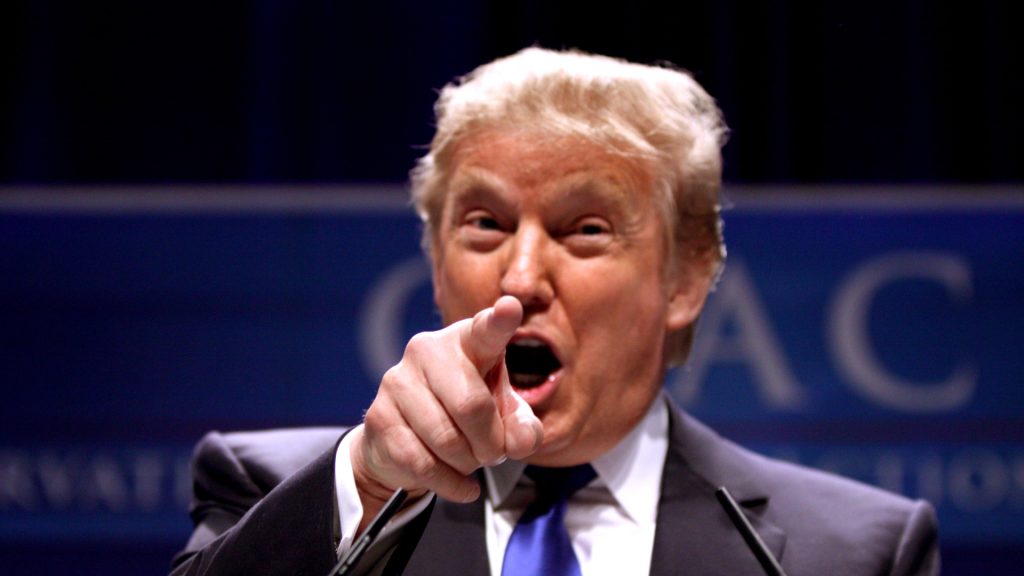
Presidents do not have unlimited power or immunity from prosecution. They cannot subvert free and fair elections to retain power against the will of voters.
Delay Would Amount to “Suppression of Evidence”
Cheney said she trusts the court will “deal in a responsible and expeditious fashion with this appeal.”
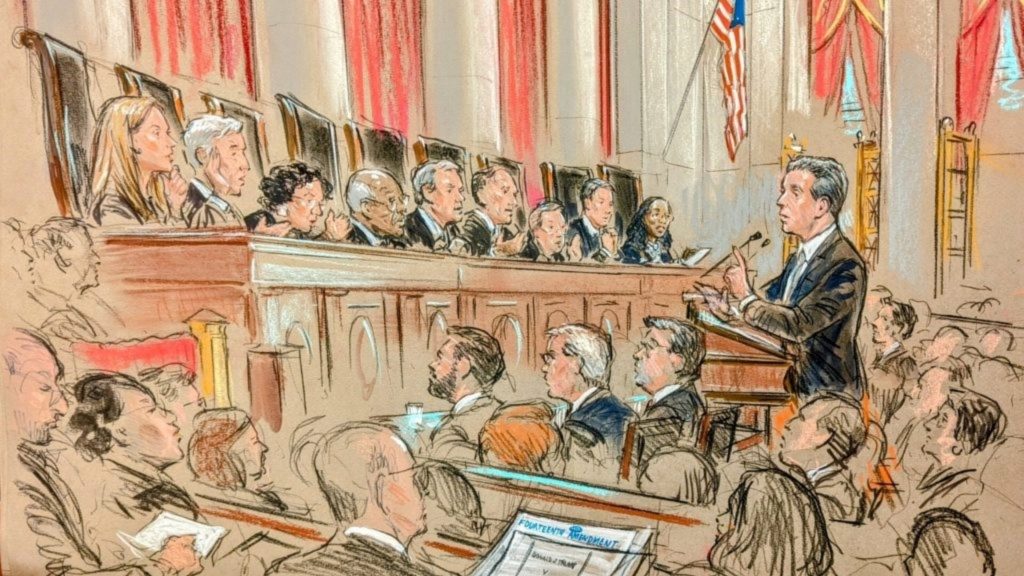
However, she added the court taking action that would result in further delay in the public seeing evidence and amount to “suppression of the evidence.”
A Responsible and Timely Decision Needed
While Cheney voiced her trust in the Supreme Court, she also issued a warning about the implications of delaying or mishandling Trump’s case.

The justices must deal with the case in a “responsible and expeditious fashion” by avoiding unnecessary delays in the presentation of evidence.
The Charges Against Trump Over the 2020 Election
The charges against former President Trump stem from his attempts to overturn the results of the 2020 presidential election.
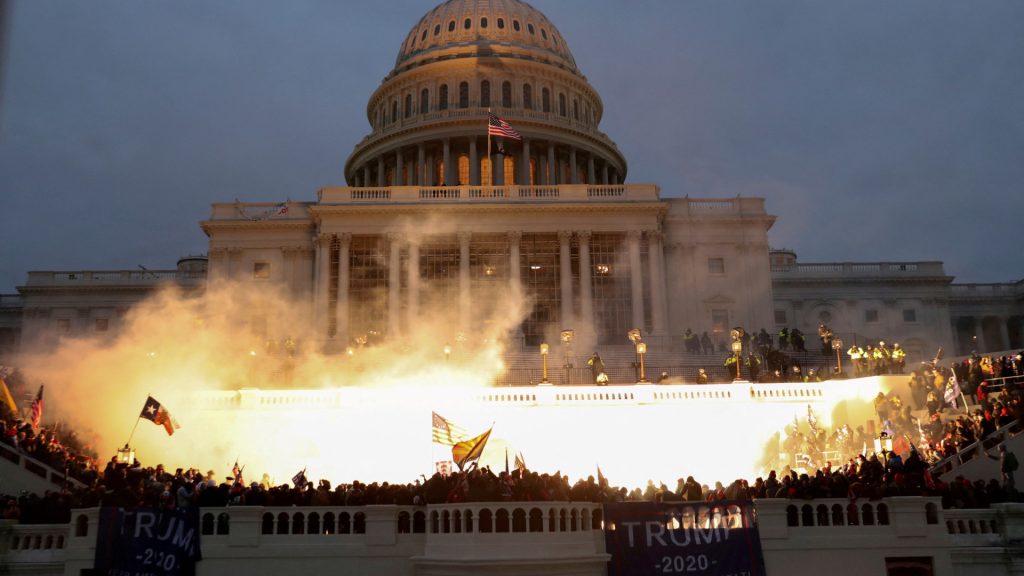
According to the DOJ, Trump tried to stop the certification of election results in key swing states by pressuring election officials and legislatures.
Trump Election Interference Charges
The DOJ claims that Trump called Georgia’s secretary of state, Brad Raffensperger, and asked him to “find” enough votes to flip the state to Trump.
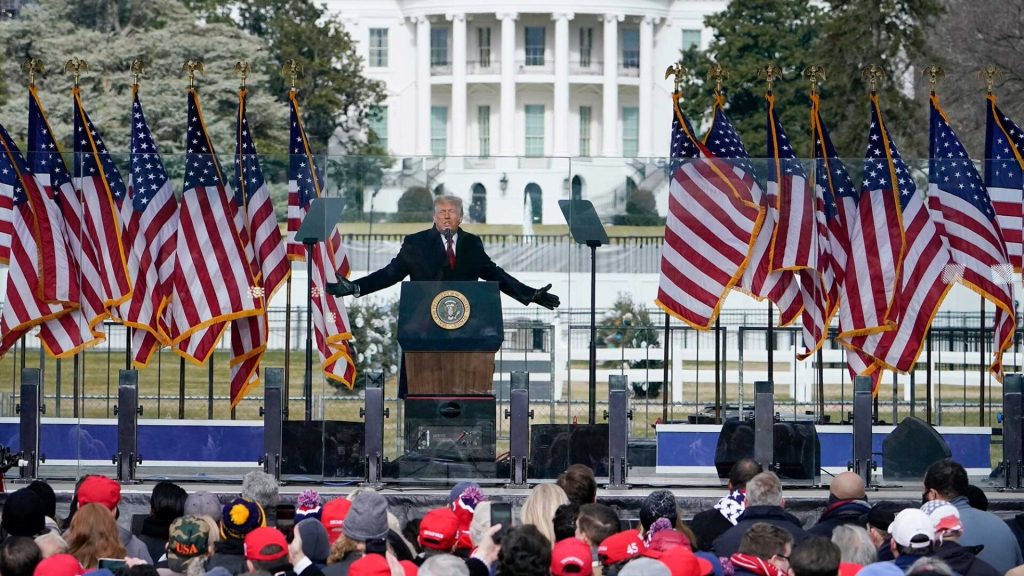
He also asked officials in Michigan and Pennsylvania to stop the certification of results and appoint pro-Trump electors. These requests were seen as an abuse of power meant to undermine a free and fair election.
Trump Accused of Inciting a Riot
Trump is also accused of inciting the riot at the U.S. Capitol on January 6. In a speech just before the riot, he repeated false claims of election fraud and told supporters to march on the Capitol to “stop the steal.”
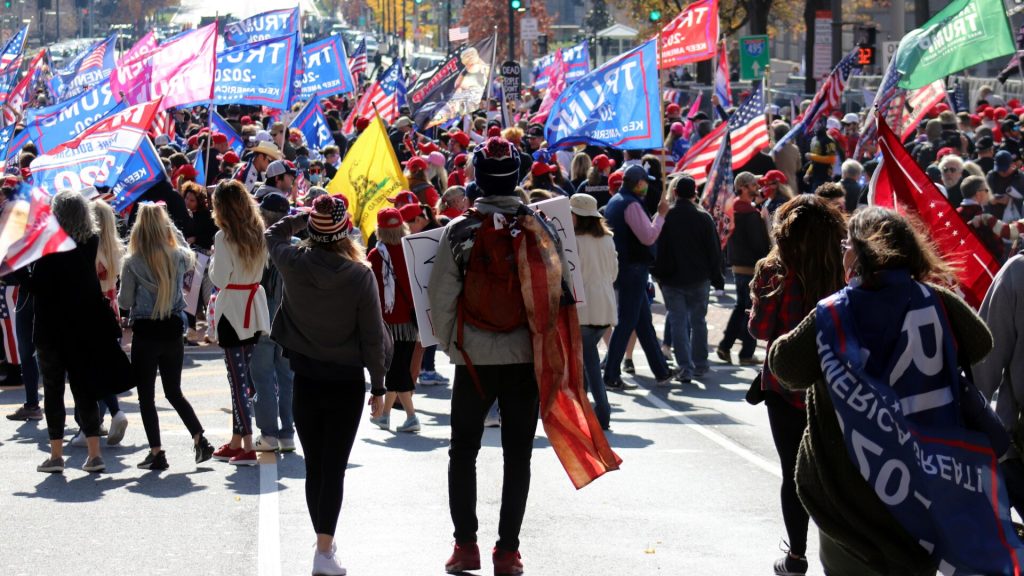
The resulting attack led to five deaths and the delay of Congress’s certification of the election results. Many saw it as an attempt to prevent the transition of power through violence and intimidation.
An Uncertain Future For Cheney and The GOP
Cheney’s break with Trump may make her a pariah within today’s GOP but also positions her as a voice of conscience. Some speculate she may run for president, though her odds of winning a Republican primary seem long.
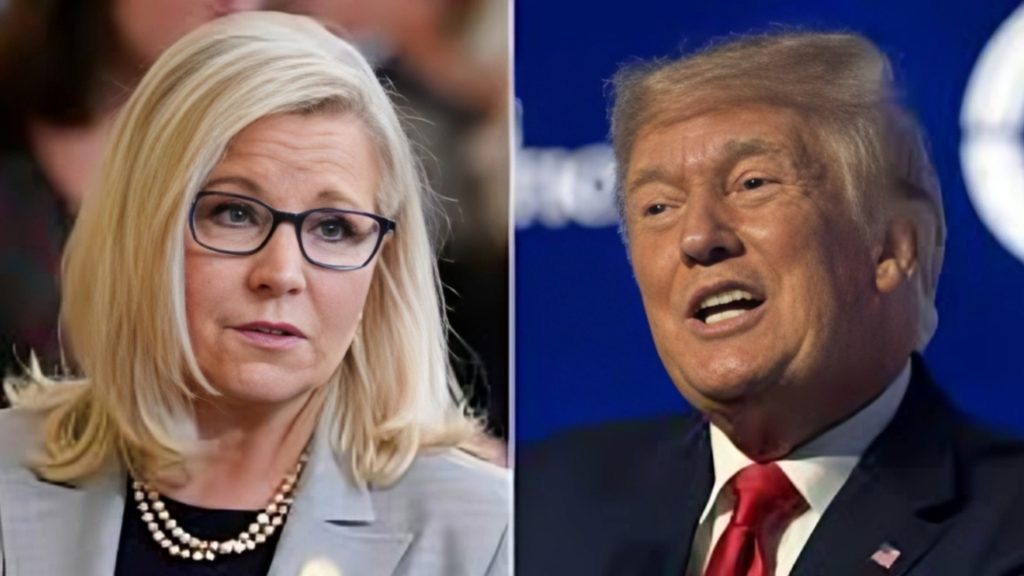
For now, Cheney appears focused on warning Americans about the dangers of Trumpism and urging her party to return to rule-of-law principles — whether or not they want to hear the message.


